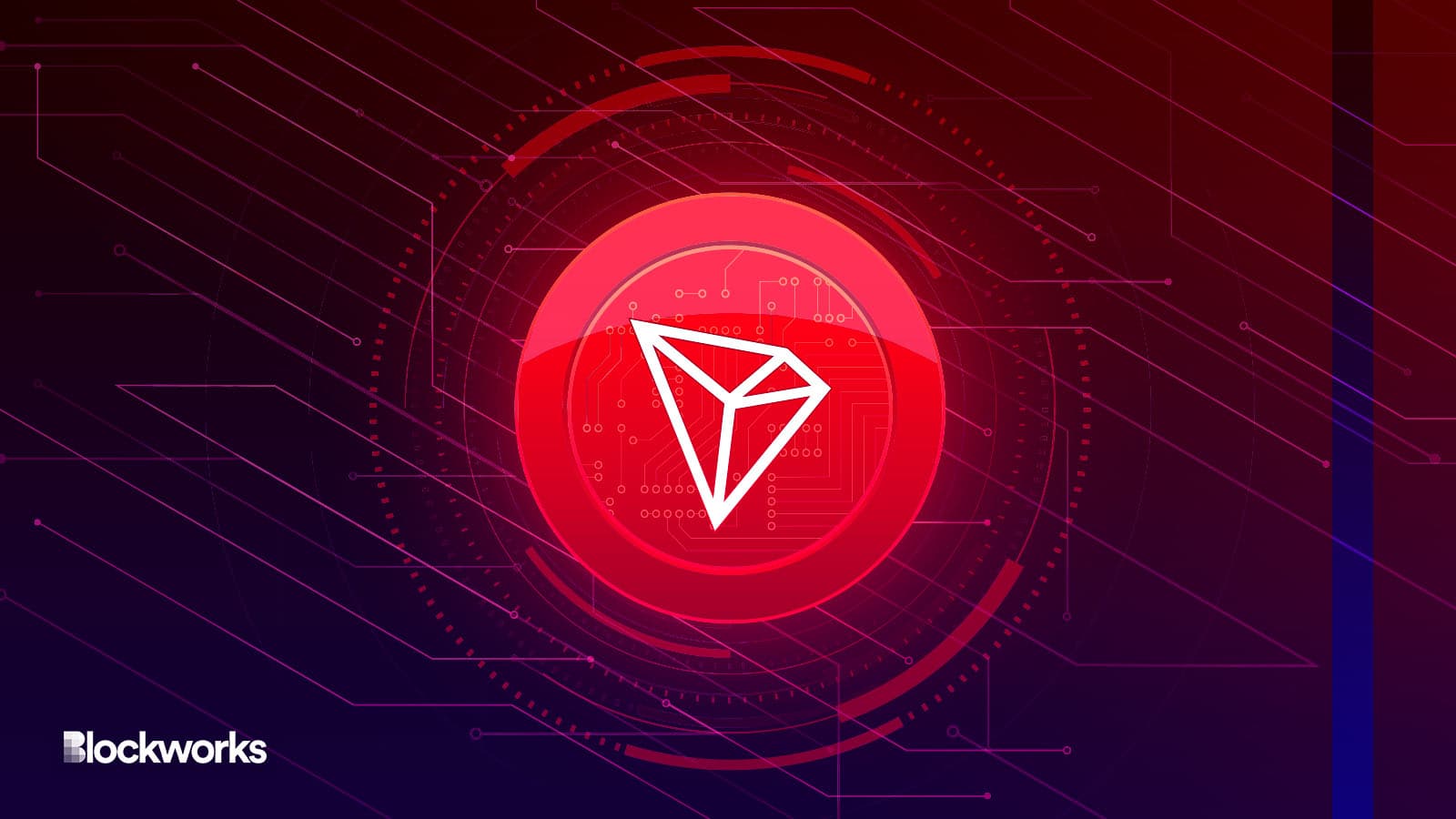Binance’s US Exchange Says Bye-Bye to TRON’s TRX Token
Binance said the decision was influenced by a variety of factors, including regulatory standing in the US and changes in a token’s risk profile

Tron TRX Justin Sun Binance
Cryptocurrency exchange Binance’s US arm will soon delist TRX, the native token of Justin Sun’s crypto platform Tron.
Spell, which has a comparatively smaller cap of $81 million, will also be delisted on April 18.
Binance said its decision was part of a periodic review, and that a number of factors influence its consideration, such as changes in a token’s risk profile, trading volume and liquidity, regulatory standing in the US and evidence of fraudulent conduct.
The exchange didn’t specify which exact reasons led to the delisting of both tokens. Deposits for both Spell and TRX will close on April 17 at 10 pm ET, however, withdrawals will remain open.
“We operate in a rapidly evolving industry and our digital asset monitoring process is designed to be responsive to market and regulatory developments,” Binance said in a statement.
“When a digital asset no longer meets our high standards, or industry circumstances change, we conduct a more in-depth review of the affected asset and assess whether further action is necessary (i.e. delisting).”
TRX fell more than 5% to trade around $0.06 following the news, but recovered about half that by 7:15 am ET on Wednesday, data from Blockworks Research showed. Spell was down around 4%.
Tron founder Sun didn’t appear to be fazed by the move, telling Reuters that the impact from Binance.US’s delisting would be “relatively small.”
He added that TRX trading volume on Binance.US is less than $1 million a day, while the token’s total trading volume is $400 million.
The US Securities and Exchange Commission (SEC) sued Sun and three of his companies — Tron Foundation, BitTorrent and Rainberry — for the “unregistered offer and sale of crypto asset securities” Tronix and BitTorrent.
The agency also accused Sun for manipulation of the secondary market for TRX through wash trading, a process involving simultaneous buying and selling of a security in order to unnaturally increase trading volume and provide misleading information.
Get the news in your inbox. Explore Blockworks newsletters:
- The Breakdown: Decoding crypto and the markets. Daily.
- 0xResearch: Alpha in your inbox. Think like an analyst.






